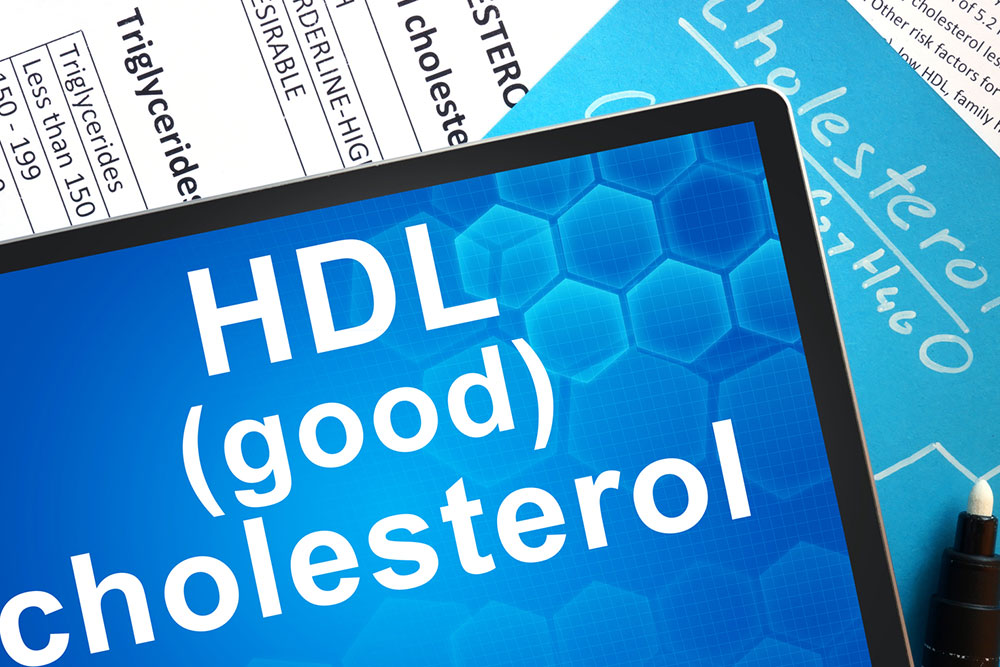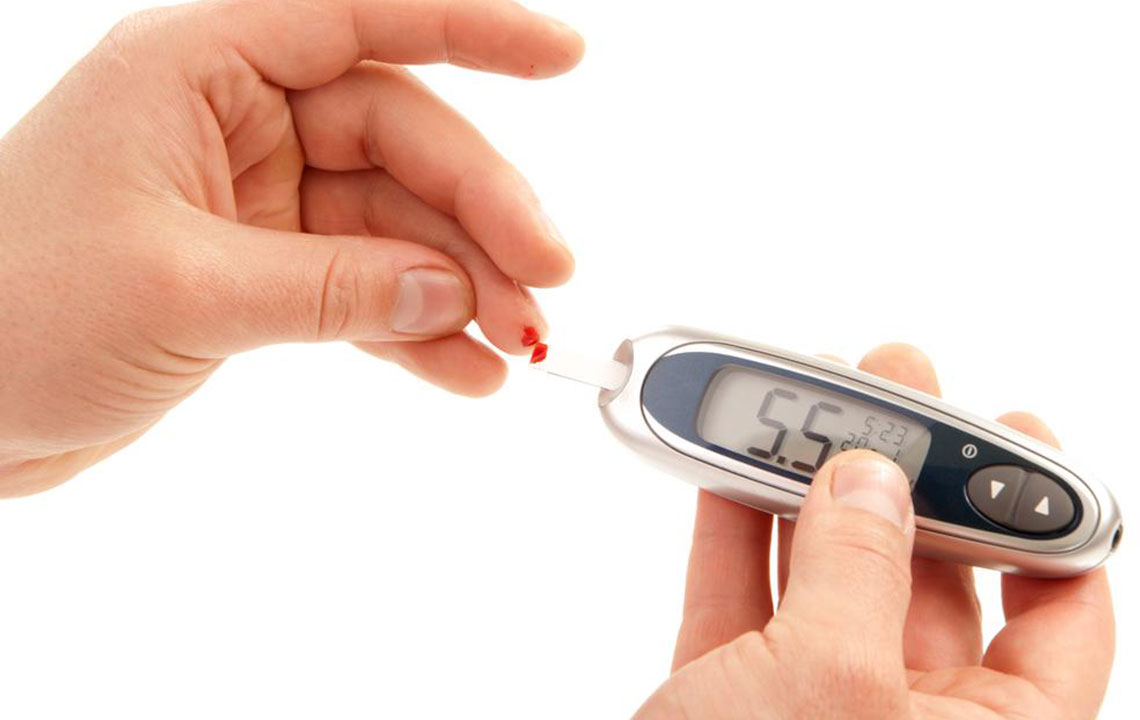Managing Leukemia: Key Strategies for Patients
Discover effective ways to manage leukemia through medical treatments, dietary choices, and lifestyle modifications. This comprehensive guide covers key therapies, nutrition tips, and habits to enhance quality of life for leukemia patients while emphasizing the importance of professional medical advice.

Understanding Leukemia and Effective Management Techniques
Leukemia is a blood cancer characterized by the overproduction of abnormal white blood cells in the bone marrow. These defective cells hinder the normal functioning of red blood cells and immune defenses. The exact cause remains unknown, though factors like genetic predispositions and radiation exposure may increase risk. Managing leukemia involves a combination of medical treatments, dietary choices, and lifestyle alterations to improve quality of life.
Medical Treatments
Chemotherapy and Radiation
Biological and Targeted Therapies
Stem Cell Transplants
Specific Medications
BLINCYTO®—an injection used for Acute Lymphoblastic Leukemia (ALL), functioning by engaging the immune system to target cancer cells and reducing chemotherapy side effects.
TASIGNA®—used in managing Philadelphia chromosome-positive chronic myeloid leukemia (CML), helping control disease progression.
Dietary Recommendations
Vegetables—broccoli, cabbage, cauliflower, and kale contain sulforaphane, which may slow leukemia growth.
Fruits—apples and cranberries have ursolic acid, aiding in tumor reduction.
Foods to Prefer
Low-fat dairy products like skimmed milk and yogurt
Lean proteins such as chicken, fish, and soy; whole grains like oats and millet
Foods and Habits to Avoid
Raw or undercooked meats to prevent bacterial infections
Sushi and sashimi, which pose contamination risks
Lifestyle Adjustments
Join support groups to share experiences and gain emotional support
Engage in moderate exercise to boost energy and immune health
Practice stress-relief techniques such as meditation to manage fatigue










